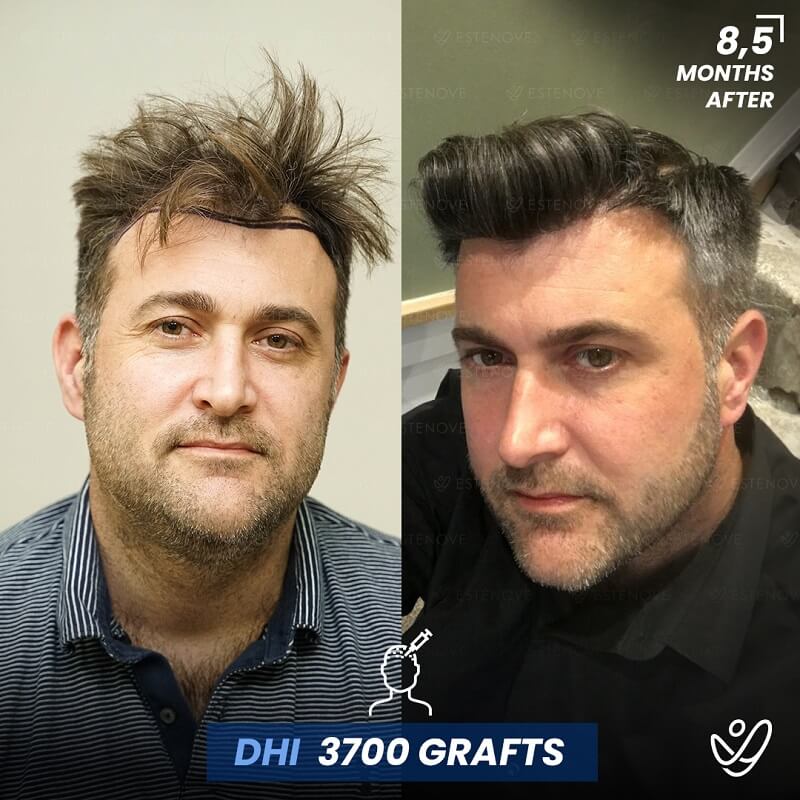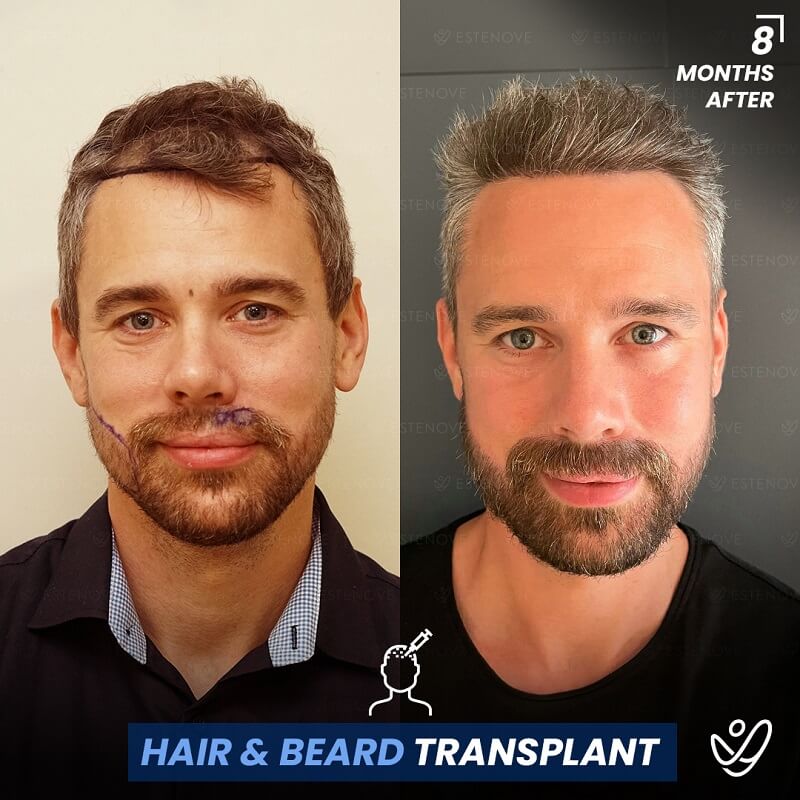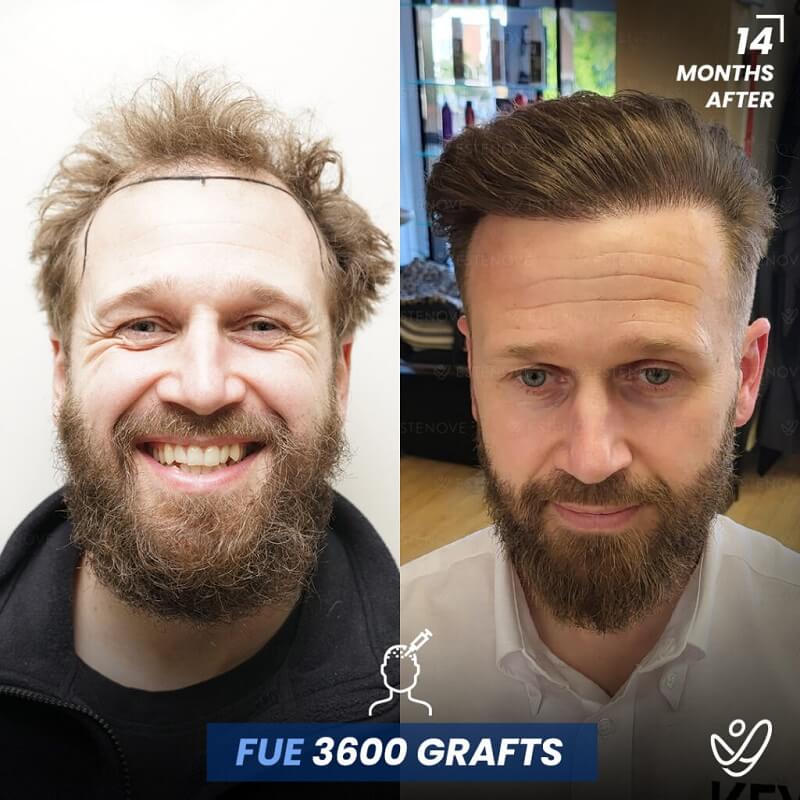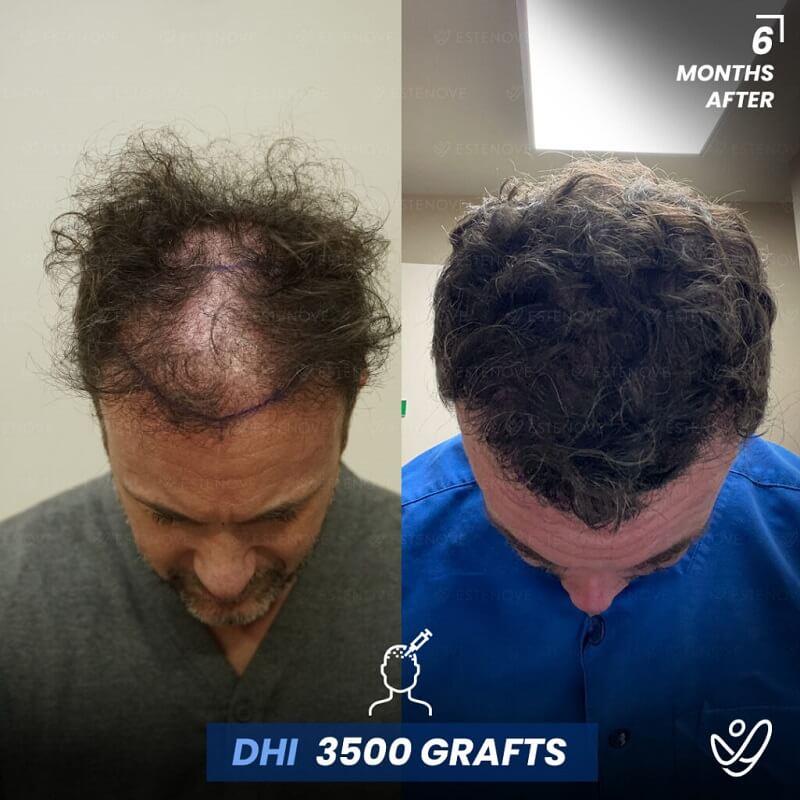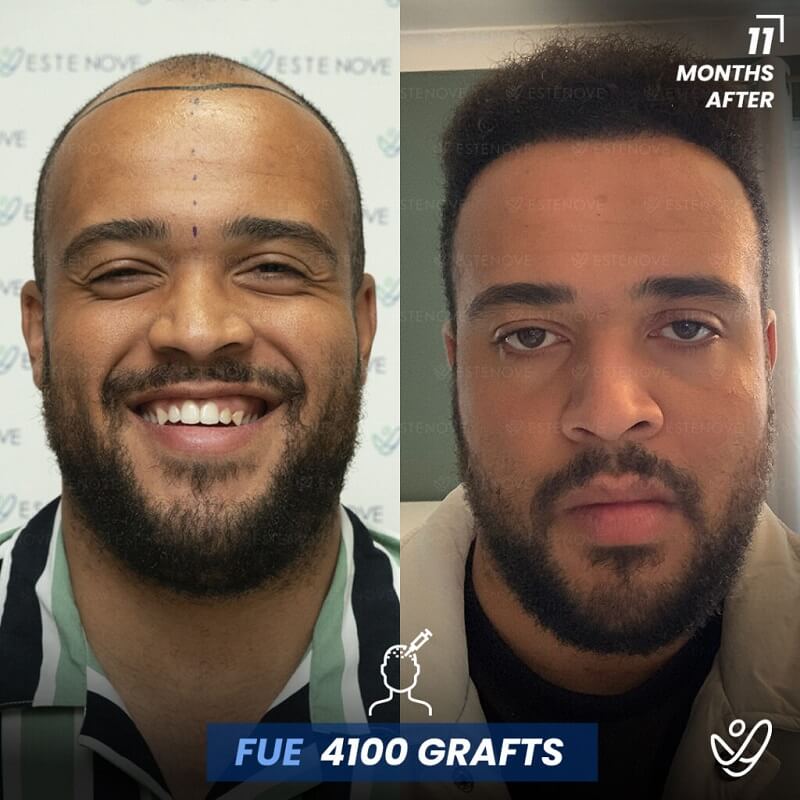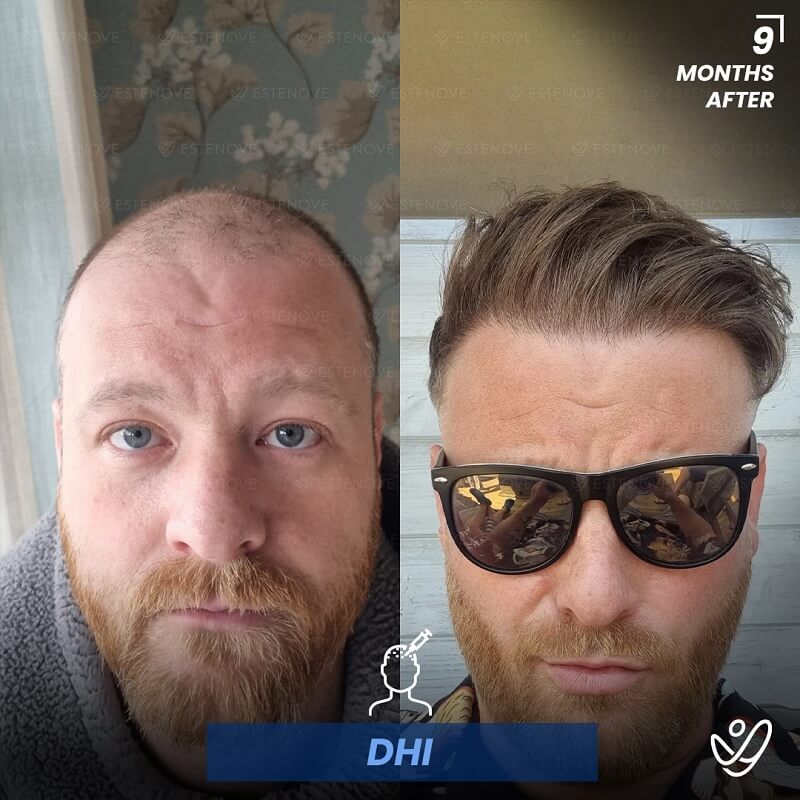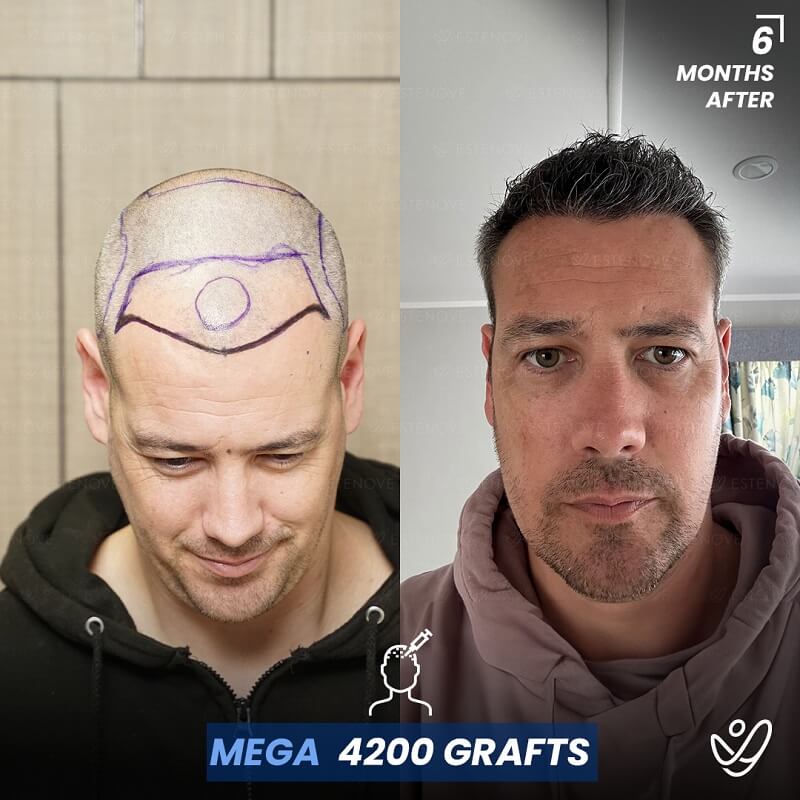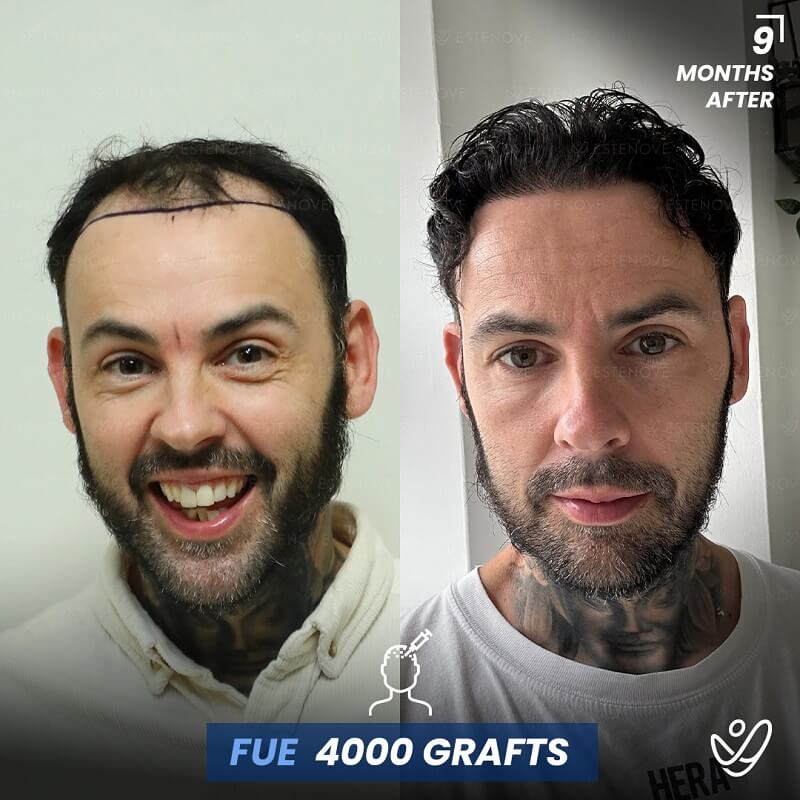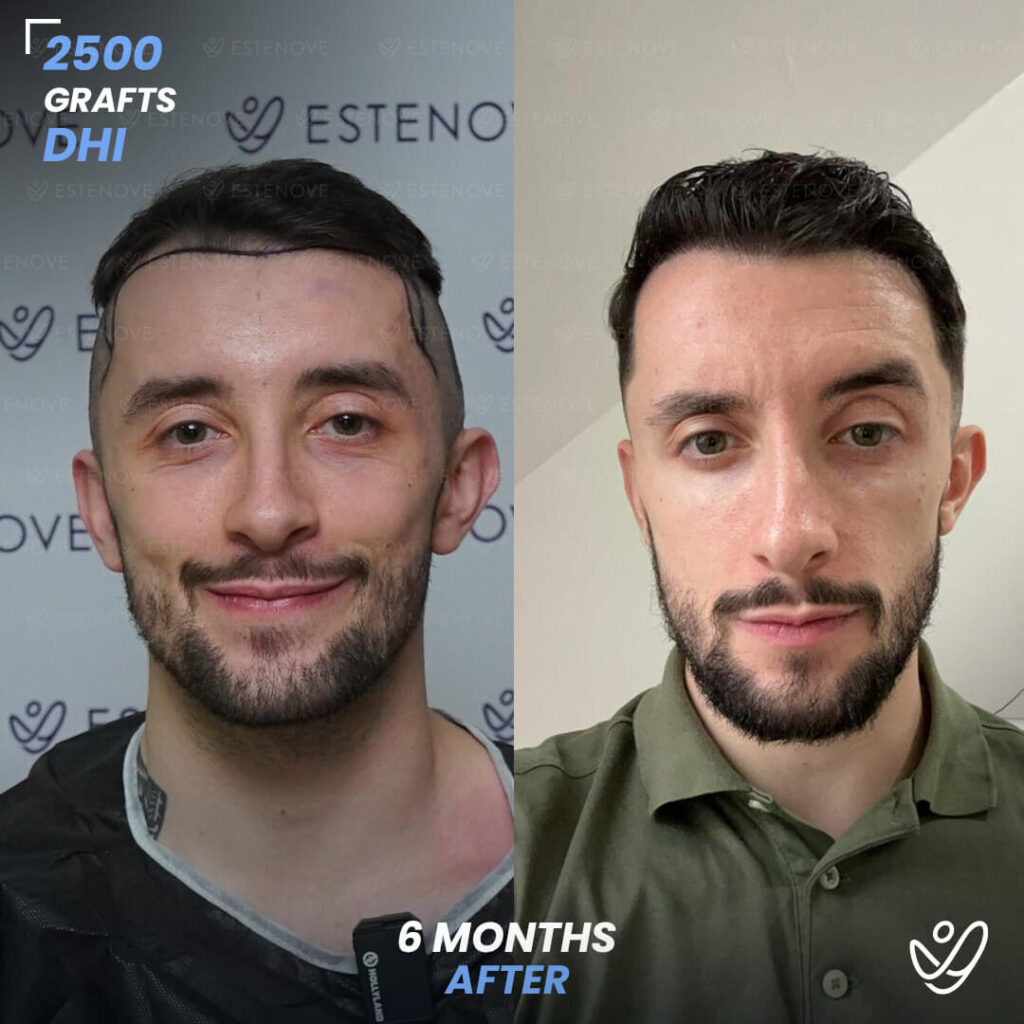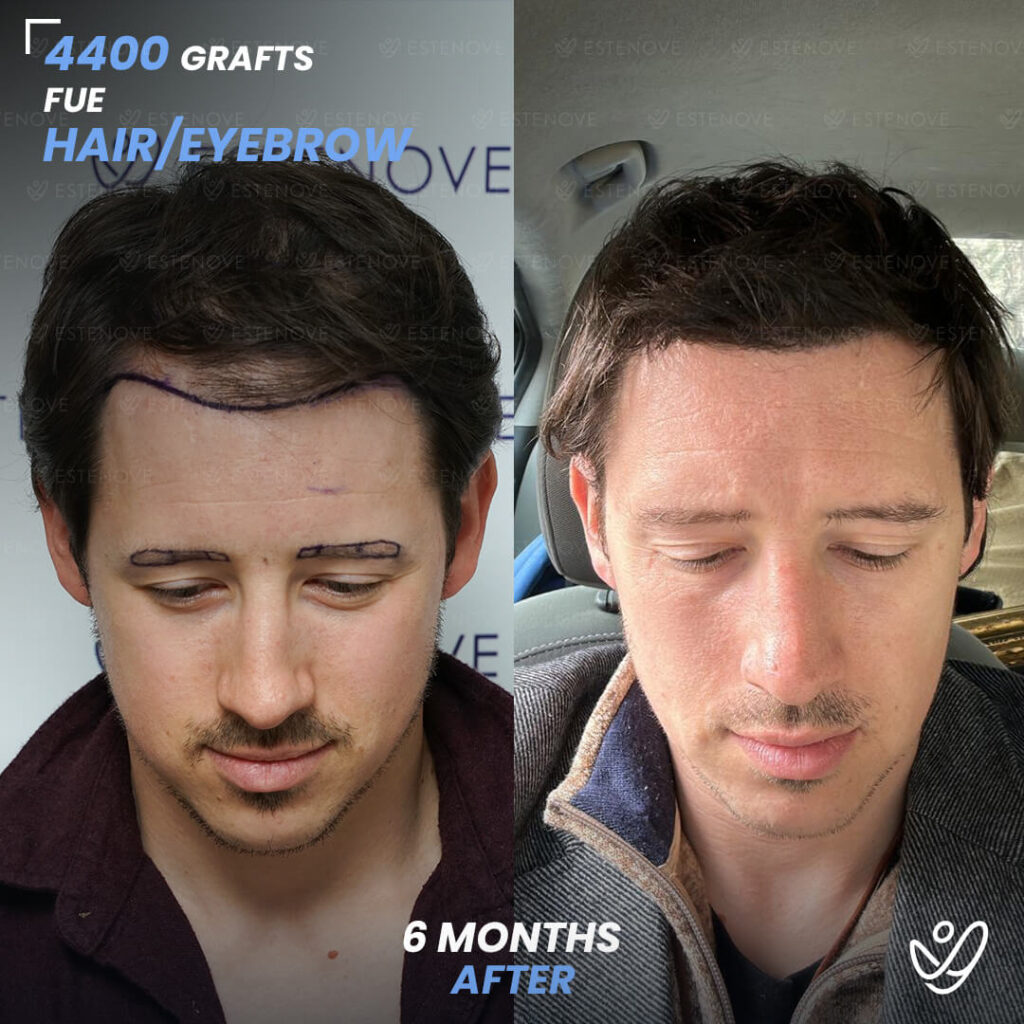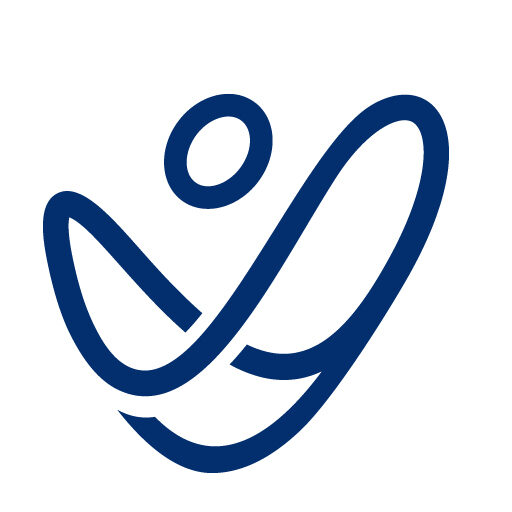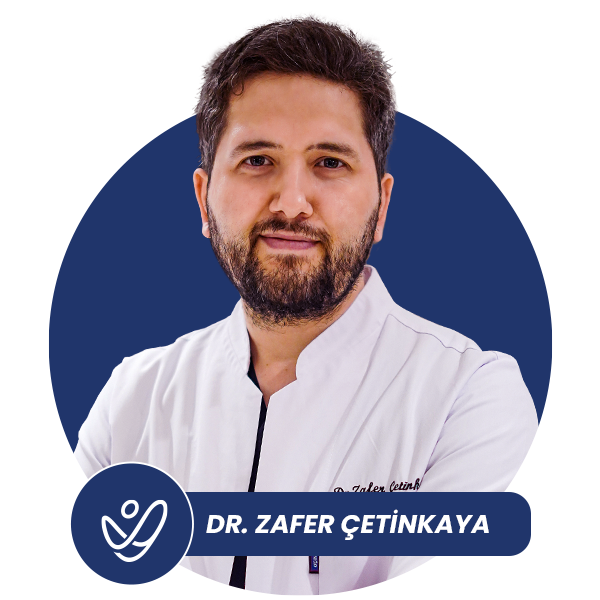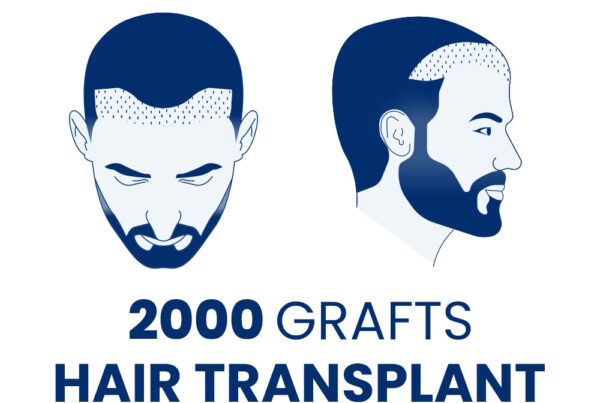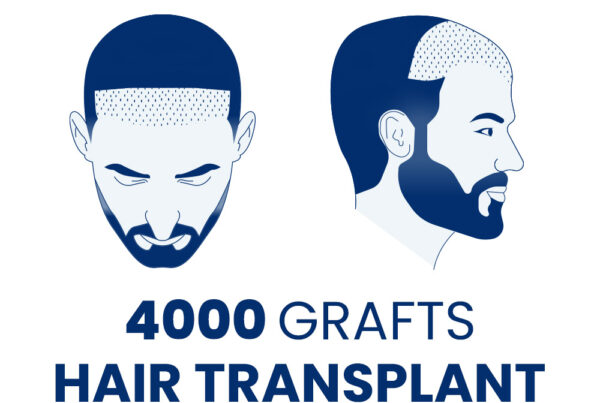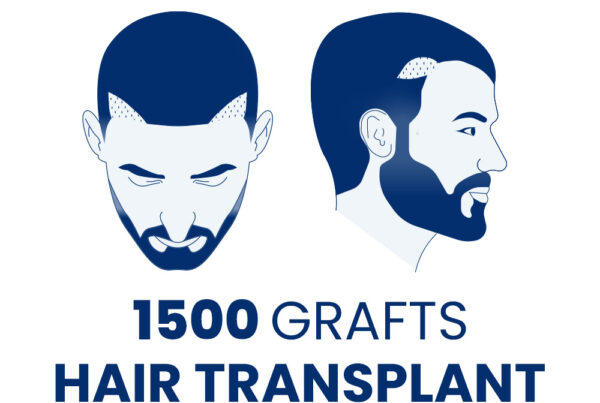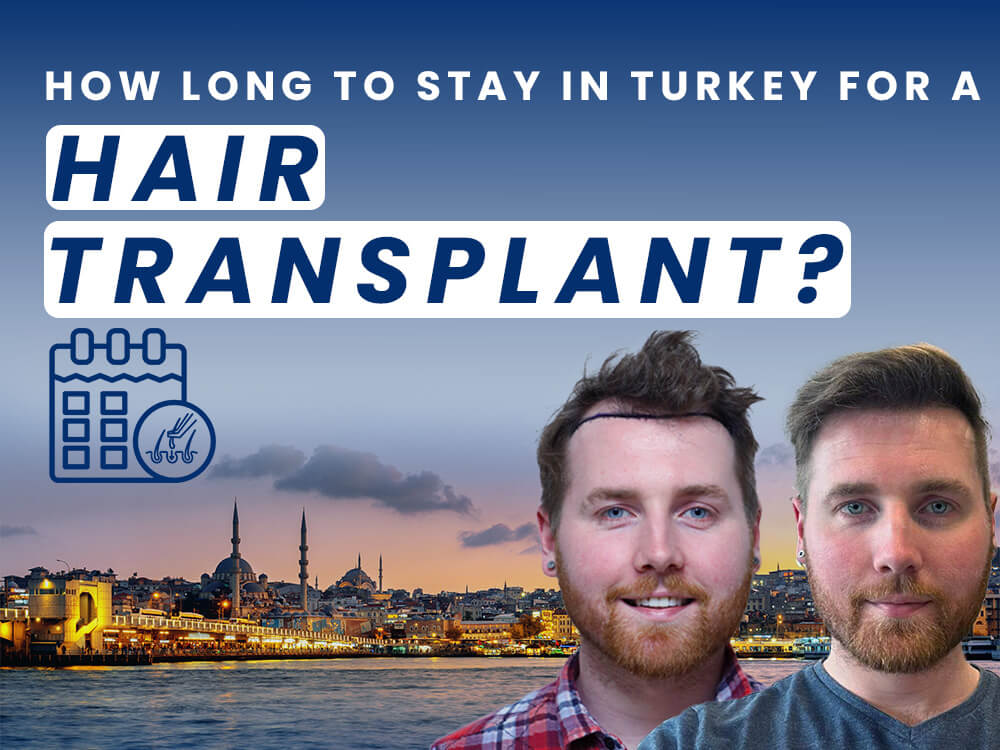
Turkey has become a go-to destination for individuals seeking hair transplant procedures, thanks to its advanced technology, skilled surgeons, and cost-effective treatments. One important consideration for potential patients is the duration of their stay in Turkey. The length of time required can vary based on several factors. This article will guide you through the process and what you need to know regarding your stay in Turkey for a hair transplant.
Understanding the Hair Transplant Process in Turkey
The hair transplant process involves several key steps, all of which may influence the overall duration of your stay. Initially, a consultation is conducted to assess your hair loss and personalize a treatment plan. This is followed by preparatory sessions where necessary tests are performed. The actual transplant procedure takes place next, and it may be conducted using either Follicular Unit Extraction (FUE) or Direct Hair Implantation (DHI) techniques.
Post-procedure care is crucial for achieving the best results, so understanding each stage of the process helps you plan your visit effectively. Each phase requires time, and having a clear comprehension of the full journey will better prepare you for your stay.
During the consultation, the surgeon will not only evaluate the extent of your hair loss but also discuss your medical history and any medications you may be taking. This thorough assessment is vital as it ensures that the selected technique aligns with your individual needs and expectations. Furthermore, the surgeon may provide insights into the expected outcomes, including the density and natural appearance of the transplanted hair, which can significantly influence your decision-making process.
After the consultation and preparatory steps, the day of the transplant arrives, which can be an exciting yet nerve-wracking experience. If you opt for FUE, the surgeon will meticulously extract individual hair follicles from the donor area, often located at the back of the head, using a specialized tool. This technique is favored for its minimally invasive nature and quicker recovery time. On the other hand, DHI involves the use of a special implanter tool to directly transplant the hair follicles to the recipient area. This technique allows the hair follicles to be inserted at a specific angle and depth to achieve a more natural look.
Check out the video below for an overview of the hair transplant journey in Turkey:
Factors Influencing the Duration of Your Stay
Several factors can affect how long you need to remain in Turkey for a hair transplant, including:
- Type of Procedure: The choice between FUE and DHI can determine the length of your stay. DHI generally requires more sessions than FUE.
- Number of Grafts Required: Your hair loss condition may impact the length of your stay, as the number of grafts needed for your hair transplant directly influences the procedure’s duration.
- Personal Health: Your overall health condition and healing ability can influence how long you need to stay.
- Surgeon’s Recommendations: Each surgeon may provide different advice based on their experience and the specifics of your case.
- Follow-up Appointments: Additional appointments may be necessary for post-operative evaluation and care.
Ready to restore your hair?
Get in touch anytime — our experts are here 24/7 for a free online consultation
In addition to these factors, the time of year can also play a role in your travel plans. Turkey is a popular destination for medical tourism, particularly in the spring and fall when the weather is mild and pleasant. This influx of patients can sometimes lead to longer wait times for procedures or follow-up appointments, which may extend your stay. Additionally, if you plan to explore the rich cultural heritage of Turkey, you might want to allocate extra days for sightseeing, which can enhance your overall experience during your medical journey.
Moreover, the logistics of your travel arrangements can impact your stay duration. For instance, if you are coming from a distant location, you might want to consider arriving a few days earlier to adjust to the time zone and recover from any travel fatigue before your procedure. This can help ensure that you are in the best possible condition for your hair transplant, ultimately contributing to a smoother recovery process. Understanding these various elements can help you plan your trip more effectively, ensuring that you balance both your medical needs and personal interests while in Turkey.
Pre-Procedure Preparations: What You Need to Know
Before undergoing a hair transplant, there are various preparations that you must make, which can also affect your stay duration. You might need to arrive in Turkey a few days earlier than your scheduled surgery to have the necessary consultations and medical evaluations. During this time, you can also focus on:
- Preparing medical documentation and tests.
- Engaging with healthcare providers for any questions or concerns.
- Finalizing travel and accommodation details.
Being well-prepared enhances the efficiency of your visit and can contribute to a smoother experience overall.
In addition to the logistical preparations, it’s also beneficial to mentally prepare yourself for the procedure. Understanding what to expect can significantly reduce anxiety. Researching the hair transplant process, recovery time, and potential results can help set realistic expectations. Many clinics offer pre-procedure consultations where you can discuss your goals and desired outcomes, which can be incredibly reassuring. Furthermore, connecting with others who have undergone similar procedures can provide valuable insights and support.
Additionally, consider your post-operative care as part of your pre-procedure preparations. Arranging for someone to assist you during the initial recovery days can be helpful, especially if you experience any discomfort or need help with daily activities. Stocking up on necessary supplies, such as prescribed medications, gentle shampoos, and ice packs, can also ensure that you are fully equipped for a smooth recovery process. Taking these steps not only aids in your physical preparation but also contributes to your overall peace of mind as you embark on this transformative journey.

Calculate the number of grafts needed for your hair transplant and get an estimated cost for various destinations
The Typical Timeline for Hair Transplant Procedures
Generally, the hair transplant process can be broken down into several phases, each lasting specific amounts of time. Typically, the timeline looks something like this:
- Consultation Phase: 1-2 days for initial assessments.
- Procedure Day: 6-12 hours for the actual transplant.
- Initial Recovery: 2-3 days post-surgery for monitoring and care.
- Follow-Up Visits: Typically 1-3 additional appointments over the following weeks to monitor healing. These can also be conducted via online consultations.
Based on this timeline, a minimum stay of 3 days is recommended, but extending your trip beyond this may afford additional benefits.
Post-Procedure Care: How Long Should You Stay?
Post-operative care is essential for achieving optimal results from your hair transplant. Surgeons typically advise patients to stay at least a few days after the procedure for monitoring and management of any potential side effects. This stage includes:
- Regularly washing and cleaning the transplanted area.
- Following medication schedules for pain management and infection prevention.
- Observation for any unusual symptoms that may arise.
Staying for a longer duration post-surgery can help you better adapt to your new hair growth and receive on-site assistance if needed.
Recommended Length of Stay for Different Hair Transplant Techniques
The length of stay recommended can be notably different based on the hair transplant technique employed. For instance:
- FUE Technique: Patients can often conclude their stay in about 2 to 4 days, as recovery times tend to be shorter.
- DHI Technique: A longer stay of about 3 to 5 days might be advisable, as patients may need extended recovery and care following the surgery.
The technique chosen not only impacts the recovery period but can also affect the end result, making it imperative that you consult your surgeon for personalized recommendations.
Combining Your Hair Transplant with a Turkish Vacation
Many individuals consider their hair transplant trip to Turkey as an opportunity to enjoy a vacation. Given the country’s rich history, beautiful landscapes, and vibrant culture, it is an attractive option for patients. Planning additional time for sightseeing after your procedure can be rewarding. However, ensure that:
- You feel comfortable traveling and have received approval from your surgeon.
- You can manage post-operative care while engaging in tourist activities.
Extending your stay to enjoy Turkey’s sights can make your trip more gratifying, provided it aligns with your post-surgery care needs.
Consultation and Follow-Up Appointments: Planning Your Schedule
Effective planning for consultation and follow-ups is crucial to ensuring a smooth journey through your hair transplant process. Make sure your itinerary accommodates:
- Initial consultations prior to the procedure.
- Post-operative check-ups, which are typically scheduled within a week after the surgery.
- Any additional assessments as recommended by your healthcare provider.
Being organized regarding appointments will minimize stress and ensure that you’re able to focus on your recovery and enjoy your time in Turkey.
Contact us to get more info regarding your hair transplant journey to Turkey.
Cost Considerations: How Duration Affects Your Budget
While the cost of hair transplants in Turkey is generally lower than in many Western countries, the duration of your stay can impact your overall budget. Key considerations include:
- Accommodation expenses, which can vary widely based on comfort and location.
- Food and daily living costs during your stay.
- Potential additional costs for tourism activities you wish to engage in.
Understanding these factors will help you create a more accurate budget for your trip, ensuring you have sufficient funds for both the medical procedure and leisure activities.

